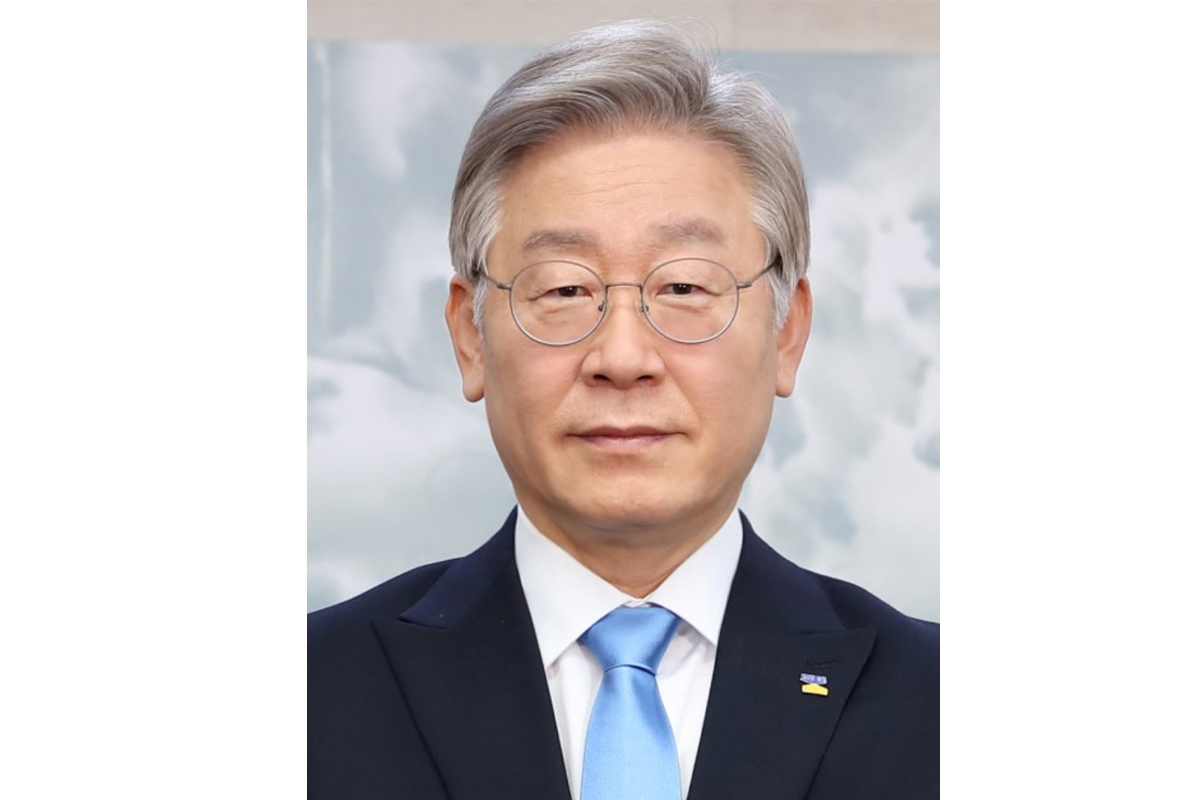Lee Jae-myung: Shaping South Korea's New Era
South Korea's President Lee Jae-myung has begun his term aiming to revive talks with North Korea, strengthen alliances with the US and Japan, and address domestic economic challenges. Amid previous criticism of his foreign policy stance, Lee's top priority is revitalizing the nation's economy through aggressive government spending.

- Country:
- South Korea
South Korea's newly inaugurated President, Lee Jae-myung, has announced plans to revive discussions with North Korea and enhance trilateral relations with the United States and Japan during his five-year tenure. Lee's previous ascent from poverty to a leading liberal politician committed to combating inequality and corruption marks the beginning of a pivotal era in South Korean politics.
Addressing the National Assembly, Lee emphasized strong deterrence against potential North Korean aggressions through a robust South Korea-US military alliance, while promoting peace on the Korean Peninsula through dialogue and collaboration. His diplomatic approach seeks to leverage national interests amidst significant geopolitical shifts and foster enhanced cooperation with neighboring countries and key allies.
Domestically, Lee identifies the need to reinvigorate South Korea's faltering economy as imperative, pledging immediate action. Amid external challenges, such as US tariff policies and North Korea's nuclear ambitions, Lee's administration will tackle recession threats with aggressive fiscal measures and vibrant economic strategies, as signaled by a recent interest rate cut by the central bank.
(With inputs from agencies.)
ALSO READ
Rahul Gandhi playing role of irresponsible opposition, may God give him good sense: Nadda on his criticism of foreign policy, Op Sindoor.
Criticism of Foreign Policy under Modi: AICC Speaks Out
Sharad Pawar Criticizes BJP's Foreign Policy: A Call for Meaningful Dialogue
Vucic's Delicate Balancing Act in Odesa: Serbia's Foreign Policy Dilemma
Opposition Slams Modi Govt on 11th Anniversary: Failed Promises and Foreign Policy Criticized










